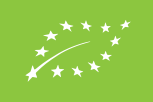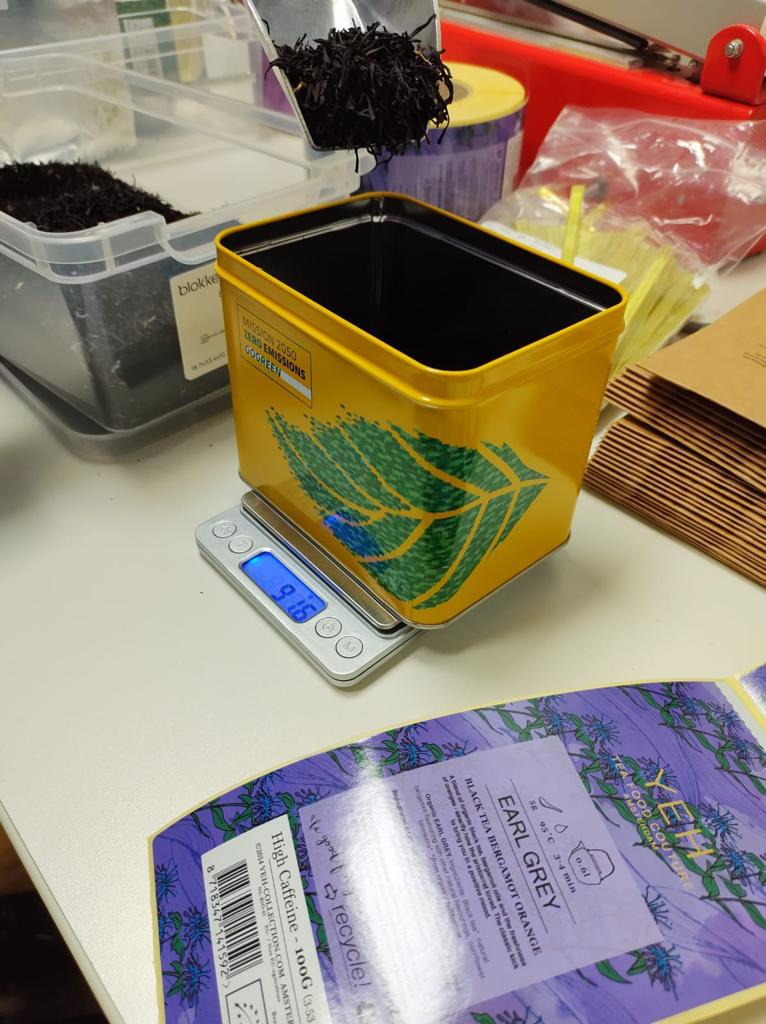The SKAL certificate: Clear and reliable about organic products
The Dutch like to call a spade a spade. Not to beat about the bush, but to say clearly and straightforwardly what is meant. Not everyone likes that, but that’s not the point.
The point is that not everyone is always open and clear. For example: food producers may recommend their products as “natural”, “traditional”, “original” or “culinary”. The truth is that it says nothing about quality or how something is made. They are marketing terms with which to entice consumers.
The term organic, on the other hand, is clear. ‘Organic’ is a legally protected qualification and food producers are not allowed to just put it on their packaging. Fortunately, because the demand for organic products is growing rapidly. As consumers – and ultimately we all are – we are increasingly aware that we need to be more careful and responsible with what nature provides us with.
European requirements for organic products
When growing organic crops and producing organic food, the environment and animal welfare are taken into account. There are strict European requirements for making an organic product and for what it can and cannot contain. Products that carry the European Union Organic Logo are truly organic, you can be sure of that. This European Union Organic Logo is therefore mandatory on all organic merchandise produced in the European Union and proves that it meets the legal standards for organic production.

EU organic logo
To prevent abuse Skal Biocontrole was established. This body checks whether the requirements are actually complied with. Skal stands for Stichting Keur Alternatief voortgebrachte Landbouwproducten (Foundation for Certification of Alternative Produced Agricultural Products). That’s a mouthful, so we’ll just say Skal.
Kolibri Logistics
Interesting, you may think, while wondering what Kolibri Logistics has to do with this. Here’s the thing: not only food producers must have such a certification, but the logistics partners who package, store and transport the organic products (from raw materials to finished products) also need a Skal certification. It proves how seriously the organic path from farmer to plate is taken.

Packaging of organic tea
The Skal certification of Kolibri Logistics means in practice that we keep track of the arrival of organic products (this is regularly checked by Skal); we check if the products are traceable to the organic producer, if the packaging is properly closed, and if the organic products are stored separately, because that is mandatory.
Packaging and repackaging of organic products
In addition, Kolibri Logistics now also has the Skal certificate to pack and repack organic products. This means that every step in the storage and processing process is Skal certified.
Straightforward: the Skal certificate is a proof of reliability. So it is good to know that Kolibri Logistics has such a Skal certificate. Organic products are in safe hands with us and anyone can check it. That’s not beating about the bush, but exactly the kind of clarity we like!

